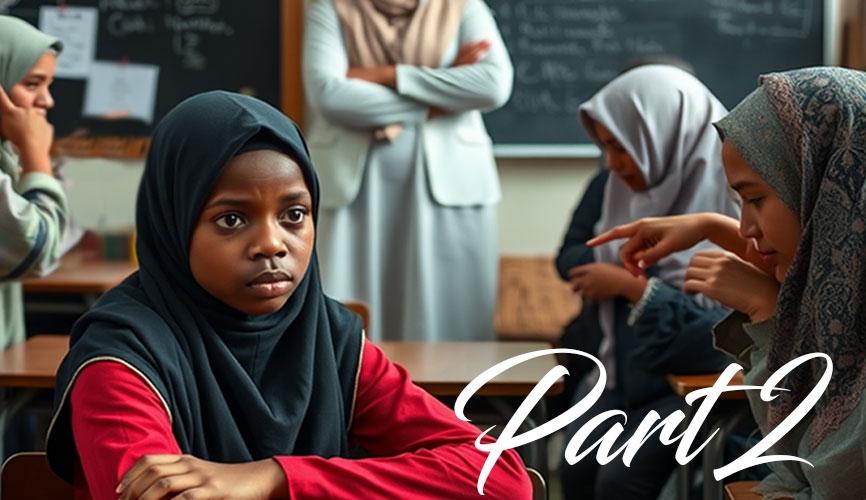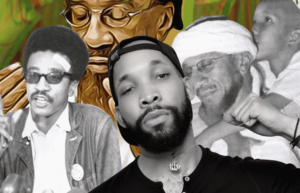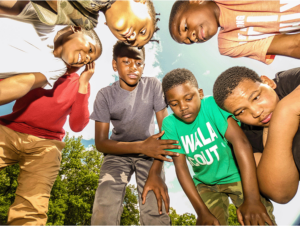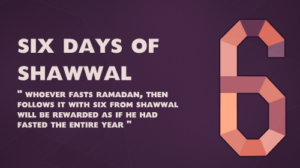Indeed, We have ennobled the children of Adam.
-Qur’an 17:70
O you who have believed, let not a people ridicule [another] people; perhaps they may be better than them; nor let women ridicule [other] women; perhaps they may be better than them. And do not insult one another and do not call each other by [offensive] nicknames.[1]
-Qur’an 47:11
The Qur’an gives us our foundational principles for moving through the world; all of humanity is granted an honored status by God. This honor is innate, not earned. This honor is protected as we see in the second scriptural reference where humanity is informed that ridicule is unacceptable, and that name-calling is prohibited.
As Muslims we understand that human beings were created as khalīfas—stewards of the earth—and our role is to serve God, build just civilizations, ethically cultivate the earth, and call to what is good and condemn that which is not. Thus, Muslims, wherever they are on earth, have a responsibility to be just and call for justice, to be ethical and build ethical structures, to be compassionate and engender compassionate spaces. Muslims are to act with grace. The Qur’an and Hadith provide rules of engagement. According to Islamic ethics, human beings cannot change what God has made immutable.
In the sayings of Prophet Muhammad and numerous verses of the Qur’an, we are warned to use our tongues carefully, to guard our hearts from harmful ideas and language, and to not ridicule or mock others or ascribe names that are disliked. This framework of respecting and honoring humanity leads to protection from socio-spiritual ailments like white supremacy.
Color and Enslavement
Slavery in various forms has existed around the world. In the Arabian Peninsula, one would find individuals of various hues and tongues as enslaved people and as free people. Just prior to the Year of the Elephant (c. 570 CE), Black people were present in the region as bureaucrats, soldiers, ruling families, and workers from the Aksumite kingdom that controlled Yemen and parts of modern-day southern Saudi Arabia. Thus, being Black was not synonymous with being a slave. Color worked differently in this society; thus, many Meccans and Arabs in general varied widely in skin hue. When Abraha (an Aksumite general based in Yemen in the sixth century) attacked the Kaaba, he was not acting on instructions from his Aksumite superiors; rather he went rogue. He allowed his anger at the defilement of a cathedral he built to cause him to mount an army to raze the Kaaba to the ground. The consequence of this attack for the victors, the Meccans, was enslaving the vanquished. That was the case in this engagement and any other during that period. Thus, during the life of the Blessed Prophet (he was born in the year of the attack on the Kaaba) was the first time a large number of Aksumites (East Africans) were enslaved in the Hijaz (i.e., the western region of the Arabian Peninsula, which includes many cities important to the history of Islam, like Mecca and Medina). In the Hijaz, there were also Arab slaves, Persian slaves, and Roman slaves; through Muslim history, nonracial enslavement existed alongside cases of racialized enslavement (such as the Janissaries, the Mamluks, and the Zanj). Black slaves gained the moniker ‘abid and up until the present, this term is used colloquially as a synonym for Black, while over time, other enslaved groups blended into the multiracial ‘pot’ of the Islamic world.
Black Belonging in Prophetic Society
From the study of the sīrah (Prophetic biography), the shamail (genre on the character traits of the Blessed Prophet), Black Excellence literature (books written about the greatness of Black people), and teachings from the Qur’an, we see a blueprint for addressing the marginalization of people in society and the work society needs to do to be in alignment with the core of our faith. The Prophet Muhammad, peace and blessing be upon him, built community with a commitment to teaching his companions respect for humanity, in particular Black humanity, as they were primarily an underclass when their Blackness was linked with being enslaved.
Actions of the Blessed Prophet That Model How to Combat Antiblackness[2]
He ﷺ mentioned the merits of Black kingdoms and Black individuals.
He ﷺ modeled respect for Black culture, language, clothes, history etc.
He ﷺ had deep loving relationships with Black individuals and families.
The ﷺ honored the lives, work, and absence of Black community members.
He ﷺ entrusted the nascent Muslim community into the care of an-Najashi Ashama ibn Abjar (the king of Abyssinia) and exchanged letters with him.
Detailed examples of the actions listed above can be read in the Hadith literature as well as the books expounding on Black Excellence mentioned in the next section of this article.
Black Belonging in Muslim History and Literature
There is a thousand-year-old literary genre in the Muslim world that I refer to as Black excellence literature. These books make the case for Black belonging. One of the authors in this genre is Ibn al-Jawzi, who reported that his intention for writing was to give solace to eminent East Africans in Iraq who were disheartened due to the antiblack sentiment around them. This book and others of this genre highlighted the greatness of Black people and Blackness as a way of showing their value and place in the community. Such books were not unique to Black greatness, as literature was also written to highlight the excellence of other peoples and lands. Such as books of the Merits of the Levantine, Merits of the scholars of Hadramawt, etc.
The Spirits of Black Folks: Sages through the Ages is a translation of selections of Imam as-Suyuti’s The Excellence of Black People that lists eleven books in the Black excellence genre. As-Suyuti (1445–1505 CE) was a renowned Persian-Circassian polymath born and raised in Egypt. As-Suyuti names The Glory of the Black Race by Al-Jahiz (d.868) as the oldest book in this genre. Al-Jahiz was an important Black early satirist, master of Arabic grammar and rhetoric, and prolific writer in the fields of theology, botany, and history. The Exquisite Jewels of What Has Been Narrated by God, the Messenger, and the Scholars Regarding the History of Blacks by Azhar graduate, Shaykh Ahmad al-Hifni ibn Muhammad Kiram al-Qana’i al-Azhari (d. 1903) is the most recent book in the Black excellence genre.
In modern times, we have books like Beyond Bilal (Briggs 2022), Islam and Blackness (Walid 2022), Illuminating the Darkness (Akande 2011), and The Spirits of Black Folks: Sages through the Ages (Mendes 2022), as well as initiatives like Sapelo Square that celebrates, but also thinks deeply, inquisitively and with some rigor about the experiences of Black Muslims in the United States[3]. Scholars of the past, Black and non-black, recognized the importance of addressing inequity and suffering in society caused by arrogance and other spiritual maladies. Today’s thinkers seek to give us tools to navigate the issues of our time, including the question of belonging.
This section explored Blackness, Black belonging in Prophetic society, and Black belonging in Muslim history and culture. It also introduced the Black excellence literary genre to explain how Islam and Muslim history have navigated Blackness. The next installment will examine one area of the modern American Muslim landscape- Islamic schools and the data gathered on belonging and Blackness. Our schools are a microcosm of the community, and in sha Allah, the data shared can help us understand the state of many schools and the Muslim American community at large.
[1] The Sahih International translation of the Qur’an
[2] This framework was neither coined nor articulated during the time of the Blessed Prophet so when I use it in the same sentence, I am referring to what we now define as antiblackness.
[3] https://sapelosquare.com/about-us/
Here are links to the other installments in this series: Part 1 | Part 2 | Part 3 | Part 4 | Part 5
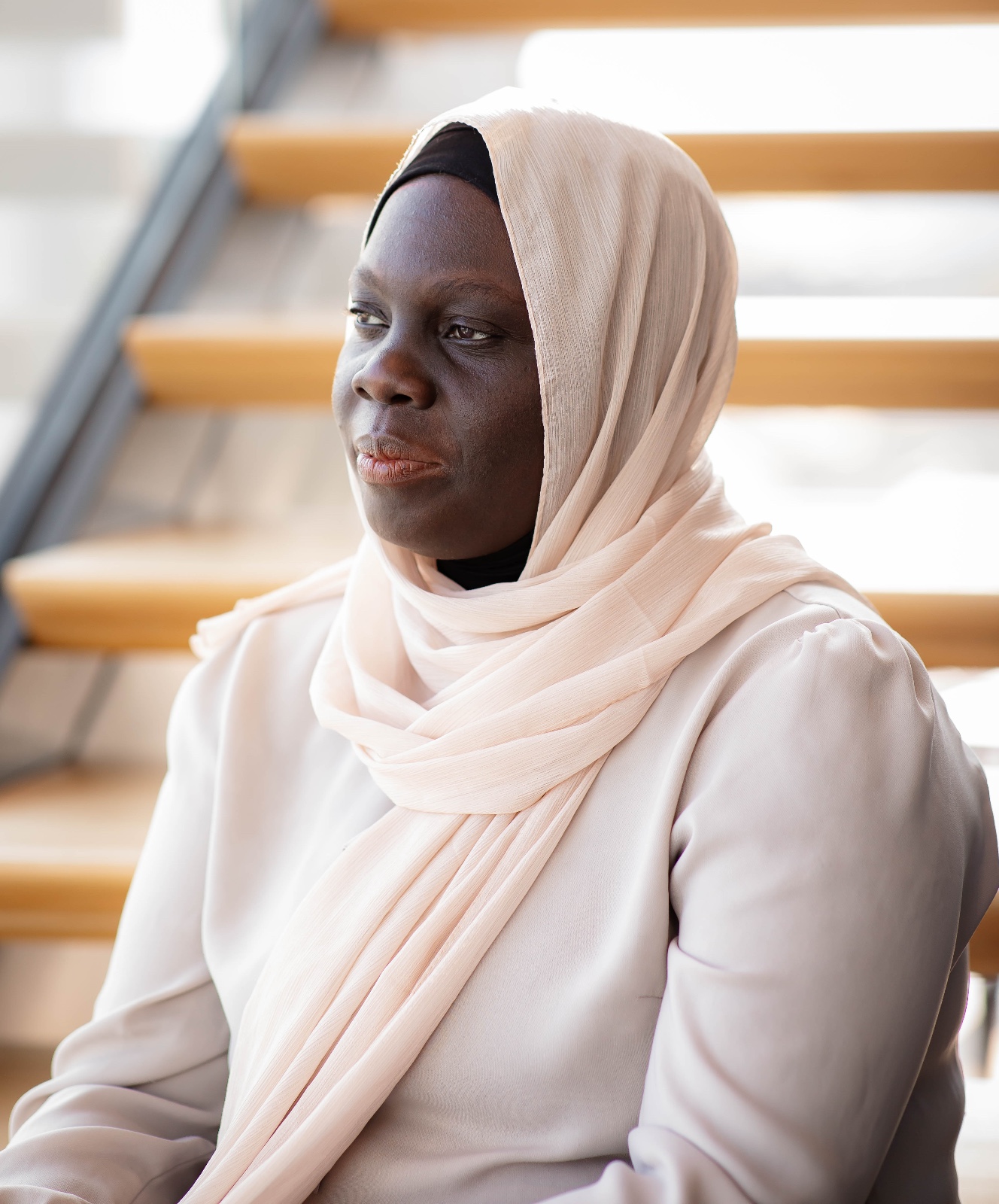
Rukayat Yakub is the author of the 2023 Black Belonging Study and serves as an instructor at Ribaat Academic Institute. She received her teaching certification in Montessori elementary education and earned her Master of Arts in Islamic Education. She is working on a Doctorate in Ministry to further her studies in belonging and community development.
An award-winning children’s author, educator, publisher, trainer, consultant, and school culture coach, Rukayat has worked in education for 25 years. Her expertise includes Heartwork (addressing anti-blackness to build spaces of prophetic belonging), integrated curriculum design, History, and ethical wealth flow. She works with leaders to develop and implement best practices that infuse prophetic courage, kindness, and humility in community institutions. Her websites are rukayatyakub.com and www.lightlegacybooks.com
She can be reached at rukayaty@gmail.com

